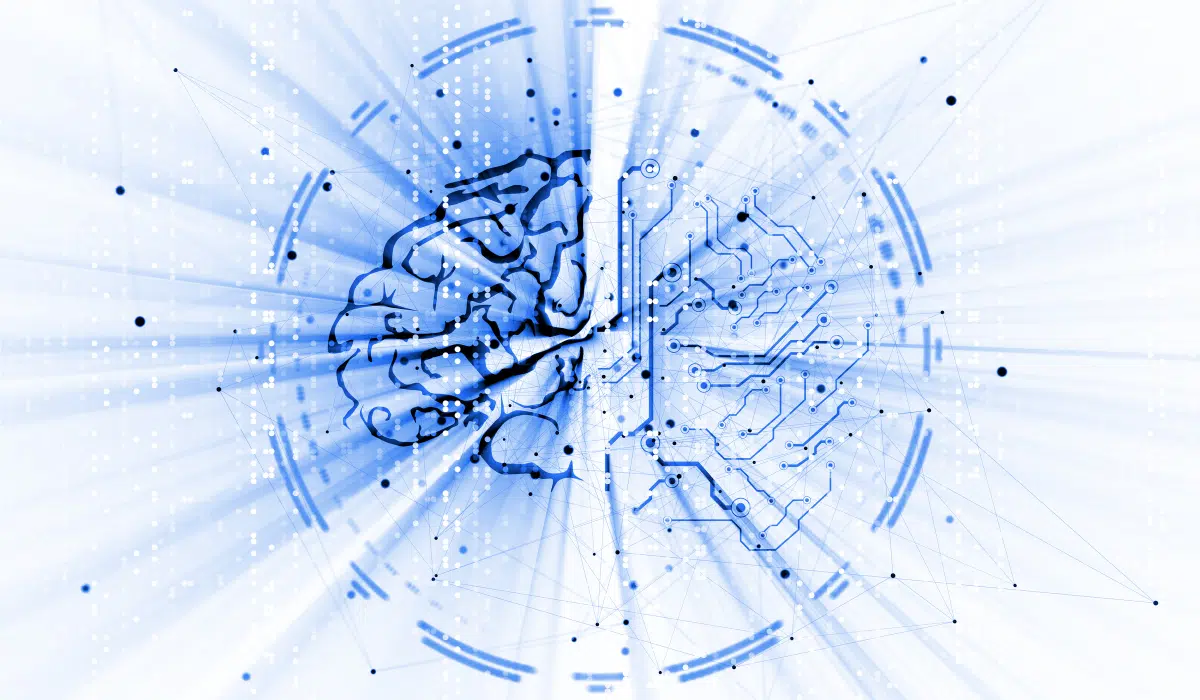CONFORMiT Introduces Digital Safe Operating Procedures for Smarter Work


Beyond Automation | How CONFORMiT’s CEO Reimagines Safety Through Agentic AI Prevention
2 April 2025
In a world where technological advancements are rapidly shaping the business landscape, Eric Desbiens, CEO of CONFORMiT, provides fascinating insight into the transformative potential of artificial intelligence (AI). Recently, I took some time to chat with Desbiens and ask some pertinent questions on where he stood on the advancement of technology, specifically AI. He shared his thoughts on AI innovation, its impact on high-risk industries, and how it can revolutionize the way we approach business operations, workplace safety, and personal productivity.
The Shift Towards AI
While the industrial revolution brought us tools and technology to facilitate life, it also increased the amount of focus and energy that humans put into running and using these innovations. Our minds have become weighed down as the general population continues to multi-task, confusing quantity with quality. Workers quite literally burnout, at a higher rate than ever before.
“…burnout is affecting nearly 3 in 5 American workers — with a notable generational gap. Far more millennials, ages 28-43 (66%) are facing moderate to high burnout, compared to Gen X, ages 44-59 (55%) and baby boomers, ages 60-78 (39%).” The article in Aflac continues, “Heavy workloads (32%) followed by long work hours (27%) are top contributors to workplace stress.”
Desbiens recognizes the seismic shift that artificial intelligence is causing in the business world. Dedicated to increasing safety for high-risk industries, utilising AI for Health & Safety is a priority at CONFORMiT. As Desbiens put it,
Desbiens’ notion is not just about efficiency, but more specifically about enhancing human capabilities by offloading repetitive tasks to machines, allowing employees to focus on more strategic and creative endeavors.
AI’s role in workplace safety is becoming increasingly vital. By analyzing vast amounts of data, AI tools can predict potential hazards and suggest preventive measures, thus improving health and safety compliance.
A report by McKinsey & Company supports this view, suggesting that AI has the potential to create $13 trillion in additional global economic activity by 2030, largely by improving productivity and efficiency. Desbiens believes that the real value of AI lies in its ability to not only manage vast amounts of data, which is becoming increasingly critical in today’s data-driven economy but truly take on the nitty gritty tasks that prevent humans from reaching their potentials in their respective fields.
While the idea of artificial intelligence has many people fearful of a future without employment, the reality is quite the opposite. AI complements workers, reducing compliancy that stems from repetition and relieving them of tasks that are better suited to technology. This leaves a path forward for people to perform in ways that bring true fulfilment, leaving them the mental energy and room to make a difference in their roles and ultimately, in the world.
AI and the Future of SaaS
Desbiens discusses the evolution of Software as a Service (SaaS) models, forecasting a future where these will be replaced by more decentralized systems. He explains,
This prediction aligns with those of Satya Nadella, CEO of Microsoft.
Such decentralization is expected to reduce latency and improve data processing speeds, which are essential for applications like autonomous vehicles and real-time analytics – real-time analytics are essential for Environmental Health and Safety (EHS)! Desbiens envisions a future where computing power is more distributed, making use of advanced chips in devices like smartphones and computers to handle complex tasks locally, including those related to health and safety.
The Rise of Virtual Agents
No, we aren’t referring to a scene in a sci-fi thriller, but rather a rise in the use and capabilities of virtual agents. A significant portion of my conversation with Desbiens focused on the concept of virtual agents. He explained,
These agents, according to Desbiens, will revolutionize industries by automating tasks that traditionally required human intervention. This concept is akin to the development of digital twins—virtual replicas of physical entities that help in monitoring and simulation, as highlighted by Deloitte.
In terms of workplace health and safety, these virtual agents can be deployed to monitor workplace environments, identify risks, and ensure compliance with safety regulations. Desbiens elaborated on his project, which involves creating a network of specialized agents that can communicate and collaborate.
This approach allows for more nuanced data analysis and decision-making, where each agent focuses on a specific task, similar to how humans specialize in different fields.
Humanizing Work with AI
Despite the fear that AI might lead to job losses, Desbiens offers a more optimistic perspective. He believes that AI will enable humans to focus on higher-level tasks that require emotional intelligence and creativity, thus enhancing workplace safety and security. He continues to highlight how AI can help alleviate the emotional burden of mundane tasks and improve overall job satisfaction. When employees in high-risk industries feel fulfilled, there is a drastic increase in efficiency and awareness.
AI’s application in environmental protection and emergency management further underscores its potential to improve public safety. This sentiment is echoed in a study by PwC, which found that 67% of CEOs believe AI will have a larger impact than the internet. Desbiens sees AI as a tool that can enhance mental health and physical well-being by allowing humans to engage more meaningfully with their work. When workers have a strong handle of prevention and safety at work, they tend to bring this same acute awareness home with them. Notably, take a look at any mining or paper mill town. Many trade habits, like rear-parking, have trickled through the community as a whole.
Conclusion
Eric Desbiens paints a compelling picture of a future where AI is deeply integrated into our daily lives and business operations – and we embrace that with open arms. Through decentralization, virtual agents, and enhanced human-AI collaboration, Desbiens envisions a world where technology not only augments human capabilities but also elevates the quality of work and life. As industries continue to embrace AI, leaders like Desbiens offer invaluable insights into harnessing its full potential, particularly in health and safety for high-risk industries like Mining & Metals, Pulp & Paper, Chemicals, Heavy Manufacturing and so on.
At the end of our discussion, one thing was inherently clear to me. Essentially, embracing agentic AI into our daily lives, particularly at work, will allow us all to become a little more human again. Capable AI agents require less screen time, less administrative duties, less of the toll that we have all become far too comfortable with. Let’s jump into the future, where AI is our new BFF, and bring back roundtables held in person, handshakes and hi fives for a job well done instead of emojis, and personal attention to unlocking safety excellence.

For over 35 years, CONFORMiT’s Lockout Tagout system has been optimizing production, minimizing worker risks, and maximizing profits for high-risk industries across North America. Our zero-training-required, AI-powered enterprise solution frees employees from clumsy, chaotic processes. Unlocking safety excellence has never been so simple.
CONFORMiT enables its clients and their communities to provide a healthy and safe workplace while improving their productivity and profitability to build a more sustainable future.